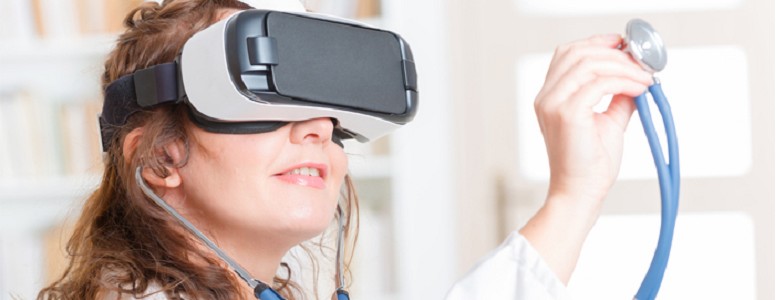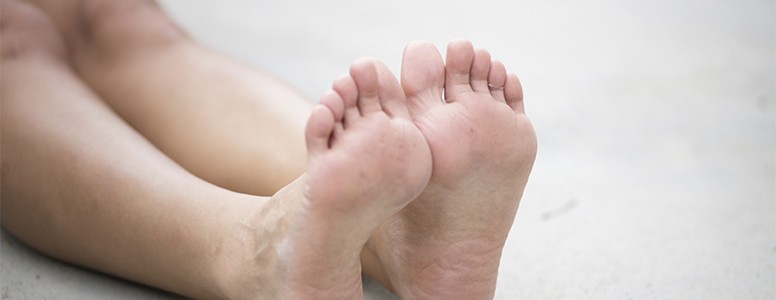A virtual reality (VR) system is being used to help doctors train for medical emergencies among people with type 1 diabetes during a hospital stay.
The technology is being piloted across several NHS sites in southern England by Health Education England in partnership with Oxford Medical Simulatio, which developed the technology.
According to The National Diabetes Inpatient Audit (NaDIA), one in 25 people with type 1 diabetes develop diabetic ketoacidosis (DKA) in hospital as a result of undertreatment with insulin.
The VR system has been developed to reduce diabetes-related complications when people with the condition are hospitalised.
Dr Jack Pottle, co-founder of Oxford Medical Simulatio, said: “When I was in training we’d learn on the wards. It was called ‘see one, do one, teach one’. I had never practiced managing a diabetic emergency until I had to do it in real life.
“You wouldn’t expect a pilot to fly a plane full of passengers without having practiced first. Why do we think that’s acceptable for doctors and nurses?”
The system incorporates a headset which allows the user to see virtual reality scenarios. The technology also helps them to recognise potentially life-threatening diabetes-related complications, such as extreme high or low blood glucose levels.
Dr Partha Kar, NHS England Clinical Director of Diabetes said: “Embracing technology is at the heart of the NHS Long Term Plan and training doctors using virtual reality is another example of modernising the NHS to help improve care for patients with diabetes.”
The system has had input from patients and has been combined with clinical expertise from the NHS.
Margot James, Minister of State for Digital and Creative Industries said: “Oxford Medical Simulation is a great example of the ground-breaking digital companies that the UK is constantly producing, I was hugely impressed when I met the company and tried their technology earlier this year and it’s great that it will now provide training for doctors across the NHS as they treat patients with diabetes.”




